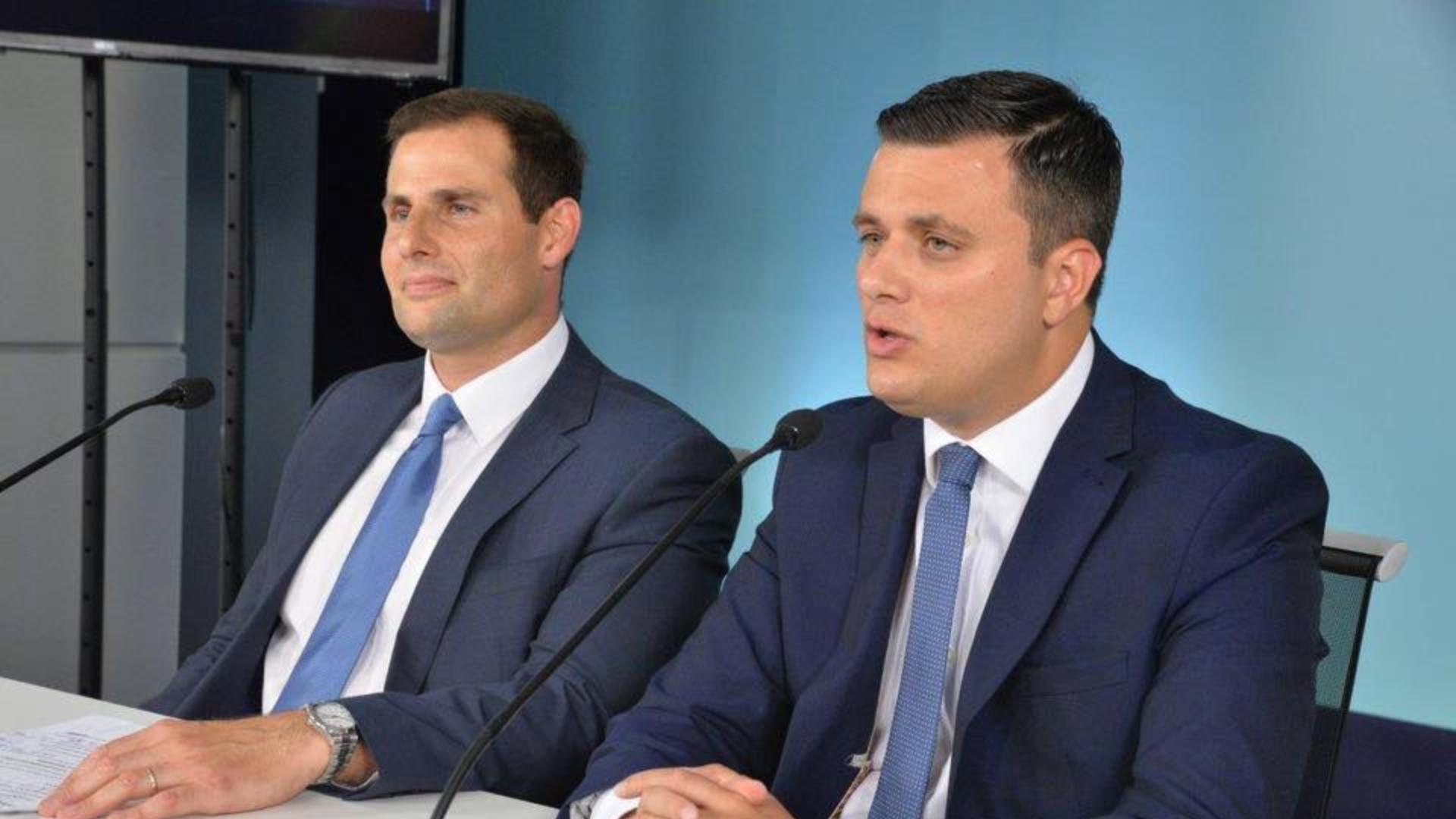The investigation by the European Union’s banking regulator (EBA) into the FIAU is anything but “routine” as Financial Services Parliamentary Secretary Silvio Schembri described the EBA’s letter in Parliament last month – it is in fact the regulator’s only ongoing formal investigation, The Shift News can confirm.
When the European Union’s banking regulator announced on 7 June a formal Breach of Union Law Investigation into Malta’s Financial Intelligence Analysis Unit (FIAU) over its failure to supervise, investigate and sanction Pilatus Bank, the FIAU issued a denial, saying that it had monitored Pilatus Bank “intensively” for over two years.
The FIAU also offered the European Banking Authority (EBA) advice in its denial, saying that the EBA should “consider looking beyond the performance of specific institutions” and look instead at “wider reforms”.
The EBA’s letter had yet to be discussed in parliament until Nationalist Party MP Simon Busuttil challenged Schembri about it on 25 June.
Schembri’s curt response said the FIAU already answered the EBA and that the EBA’s letter was “routine”.
This undermined the EBA’s function, authority and the seriousness of its investigation into the FIAU. In reply to questions sent by The Shift News, the EBA confirmed the seriousness of the investigation, not just of its apparent breaches of Union Law:
- It is the EBA’s only ongoing formal investigation.
- It is the EBA’s third ever formal investigation.
- It is only the second time that the EBA has investigated anti-money laundering failures.
Despite the EBA’s unprecedented harsh and public criticism of a member state’s anti-money laundering authority, published as an open letter to MEPs on the ad hoc delegation to Malta, the government succeeded in burying the controversy.
Yet, the investigation is exceptional and its implications are serious.
Malta markets itself as a financial centre, perhaps the only one whose financial intelligence unit is under formal investigation for, in effect, helping transnational criminals and corrupt politicians launder the proceeds of crime.
The EBA’s letter states that the Maltese authority appears to have breached Articles 37 and 39 of the 3rd Anti-Money Laundering Directive.
- Article 37 demands enhanced customer due diligence for high-risk customers, such as politically exposed persons. The Prime Minister’s chief of staff Keith Schembri banked at Pilatus, as did the Prime Minister’s former consultant and former PN minister John Dalli, and his business consultant Brian Tonna, along with countless members of Azerbaijan’s ruling elite.
- Article 39 demands that banking registrations and licences be given only to persons who are “fit and proper” – at a minimum, that they will not use their entity for criminal purposes. Following its arrest of Pilatus Bank founder and CEO Ali Sadr Hasheminejad for sanctions evasion and money laundering, the US Department of Justice said that Pilatus Bank was founded using “criminal proceeds”.
There is nothing routine about a European Union Authority launching a formal investigation into a national Authority for breaching Union law. It is the government’s attempt to disinform the public that is routine here.
Read more: Disinformation Watch












